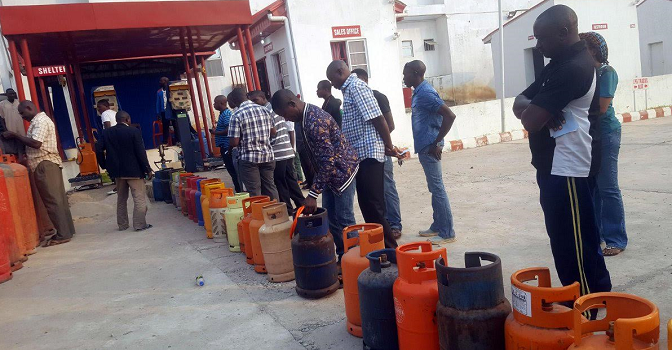
CBN Orders Geo-Tagging of All PoS Terminals in Nigeria
- Business
- 29.08.2025
- No Comment
- 154
The Central Bank of Nigeria (CBN) has issued a landmark directive mandating the geo-tagging of all

the apex bank, is aimed at tightening security in Nigeria’s growing digital payments ecosystem, curbing
fraud, and strengthening regulatory oversight. The directive comes as part of ongoing reforms to
modernize the nation’s financial infrastructure and ensure consumer trust in electronic transactions.
and newly deployed must be fitted with native geolocation features and double-frequency GPS receivers
to allow accurate tracking. The central bank made it clear that any terminal failing to comply by the
October 20, 2025 deadline will be deactivated and barred from processing transactions.
The policy requires operators to register every terminal with an approved payment aggregator while
providing precise merchant coordinates. This, the CBN noted, will help eliminate ghost or cloned terminals,
a problem that has plagued Nigeria’s payment landscape in recent years.
their usage. For PoS terminals, this means that every transaction can be traced to a physical location.
The CBN emphasized that the initiative is not only about fighting fraud but also about building a stronger
digital payments system where accountability is guaranteed.

Fraudsters have increasingly exploited loopholes in Nigeria’s payment infrastructure, creating cloned
terminals and deploying them illegally in different regions. By enforcing geo-tagging, the CBN seeks to
block these vulnerabilities, protect merchants, and assure customers that their transactions are secure.
Moniepoint, OPay, and PalmPay, will bear the responsibility of implementing the directive.
These companies are expected to integrate geo-tagging features into their devices and maintain
accurate records of merchant locations.
Industry stakeholders believe that while the new requirement may pose initial financial and technical
challenges, it will ultimately enhance transparency. By reducing fraudulent practices, operators will
save billions lost to scams while customers enjoy a safer experience.
Payment aggregators, who play a key role in connecting merchants to the financial ecosystem, must also
ensure that their platforms are compatible with the new compliance standards. Failure to adhere may
attract sanctions from the CBN, including suspension of licenses.
Over the past five years, Nigeria has seen an exponential rise in electronic payments, with PoS becoming
a dominant method for cashless transactions. This growth, however, has also attracted cybercriminals and
fraud rings that exploit weak monitoring systems.
With geo-tagging in place, consumers will have the assurance that every PoS device they encounter is
verified and traceable. Should disputes arise, regulators will be able to pinpoint where a transaction
occurred, thereby speeding up resolution processes and minimizing losses for both merchants and customers.
financial system. In recent years, the apex bank has introduced several reforms, including
cashless policies, open banking regulations, and stricter Know Your Customer (KYC) requirements.
By combining these efforts, Nigeria aims to strengthen its global standing as one of Africa’s
fastest-growing digital economies.
Analysts argue that the move will also help position the country to better integrate with
international financial standards. With geo-tagged PoS devices, Nigeria can increase data
transparency, improve fraud detection, and attract more foreign investment into its fintech sector.
Outfitting devices with double-frequency GPS receivers and ensuring precise merchant registration
will require significant investments. Smaller operators may struggle to meet these requirements
without additional support or phased implementation.

There are also fears that some merchants, particularly in rural areas with limited internet
connectivity, could face disruptions. However, the CBN insists that the benefits outweigh the
short-term inconveniences, and it has promised to work closely with industry stakeholders to
resolve emerging challenges.
According to Dr. Uche Okechukwu, a Lagos-based fintech consultant,
“Geo-tagging will bring much-needed transparency to the sector. Fraud has discouraged many Nigerians
from trusting PoS services, and this move could restore confidence in digital payments.”
Another expert, Bola Adebayo, noted that while compliance costs may be high, the long-term
benefits will be immense. “Operators who invest early in this technology will not only meet CBN’s
requirements but also gain consumer trust, which is invaluable in today’s competitive financial space,”
she added.
is set to become a defining moment in its financial sector. With a firm deadline of
October 20, 2025, all eyes will be on banks, fintechs, and payment aggregators
to see how quickly they adapt to the new requirements.
For consumers, the policy promises a safer and more transparent transaction environment.
For the CBN, it marks another step in its mission to build a resilient financial system that
not only meets the needs of Nigerians but also aligns with international best practices.







